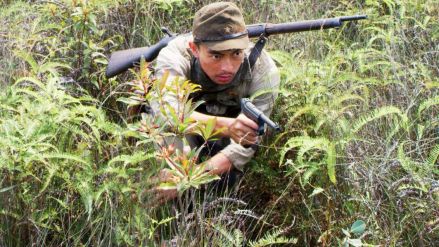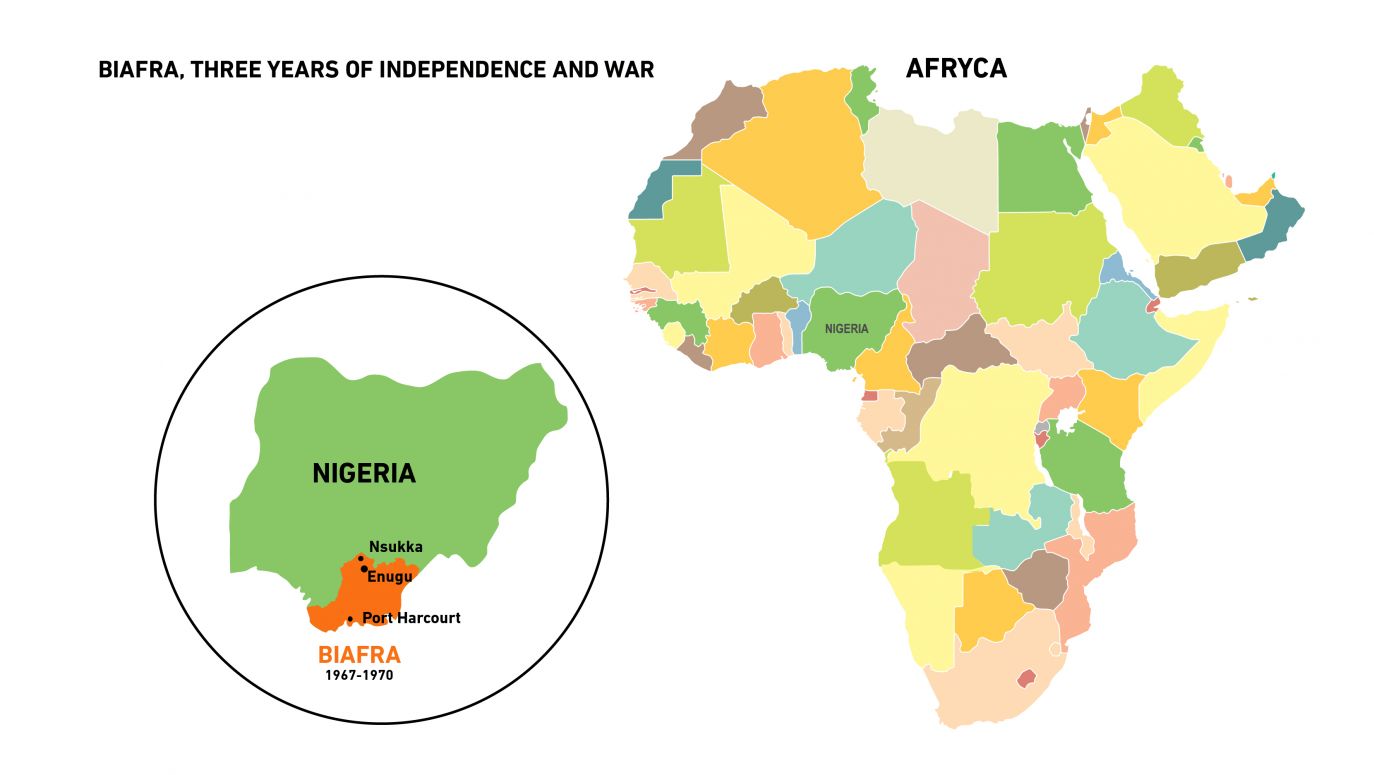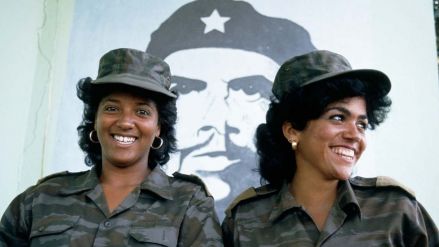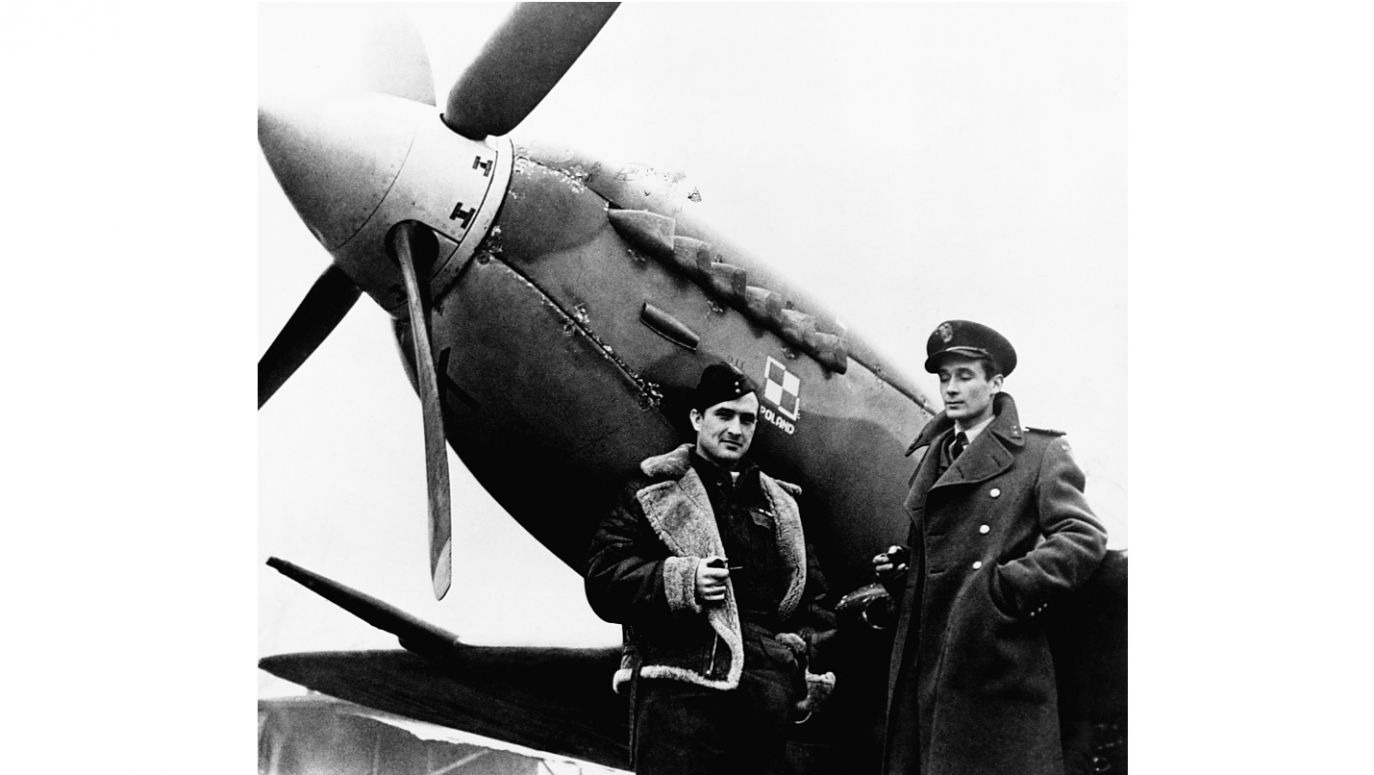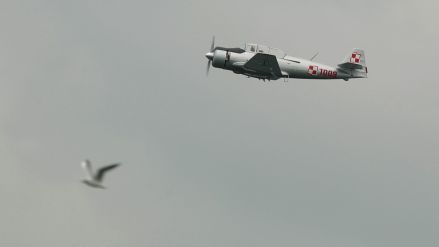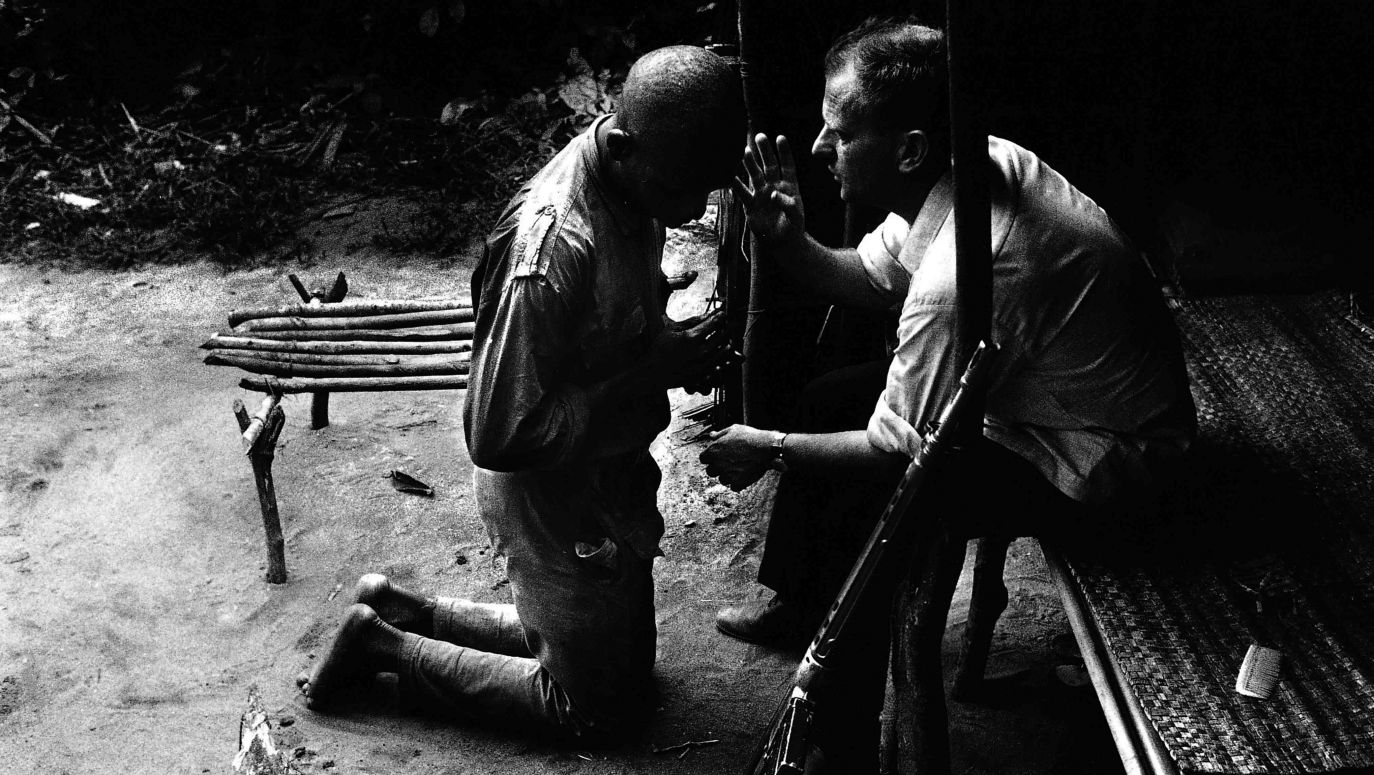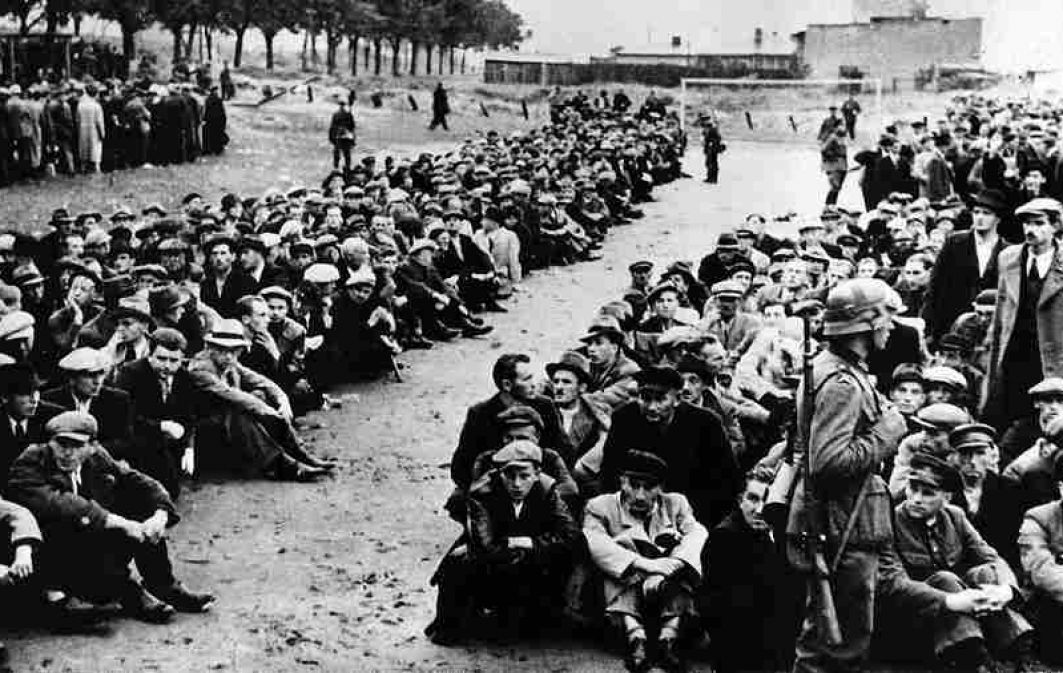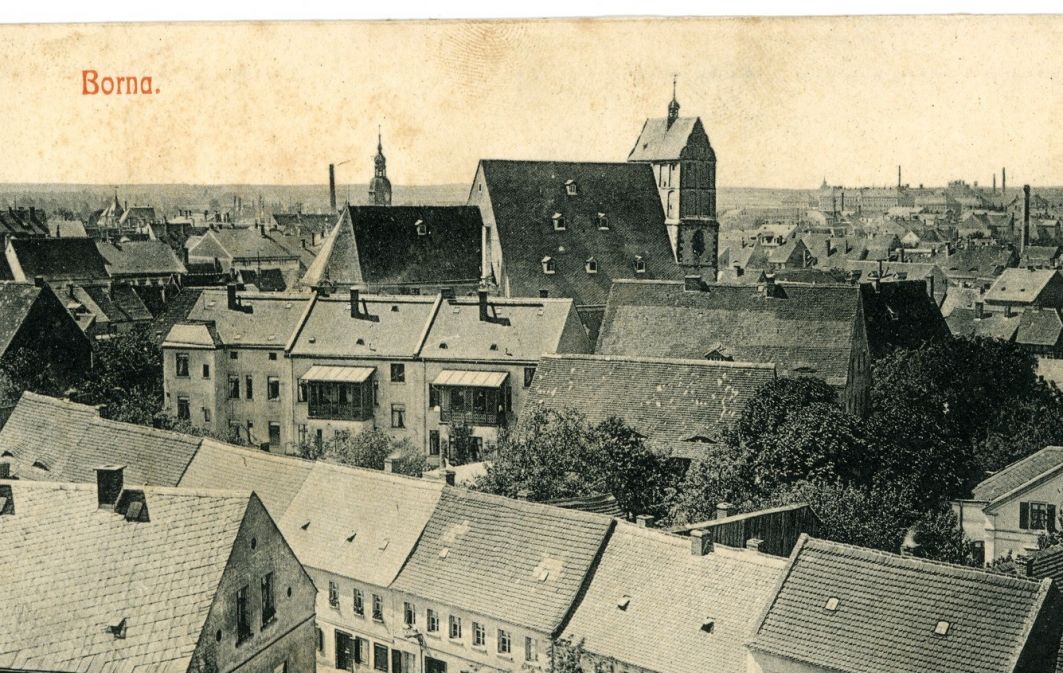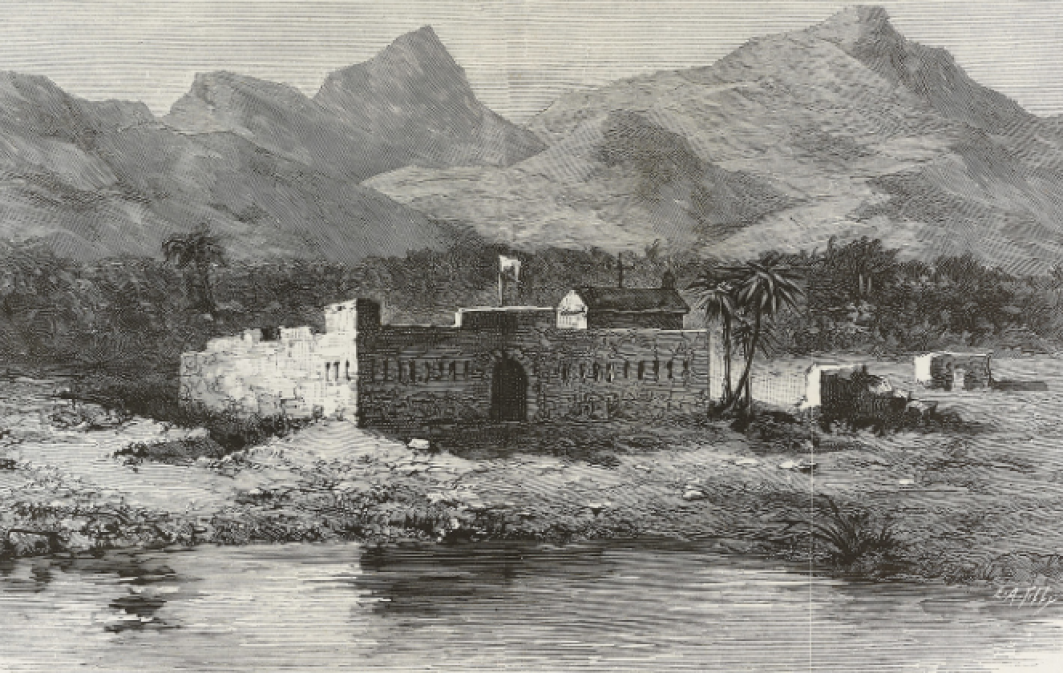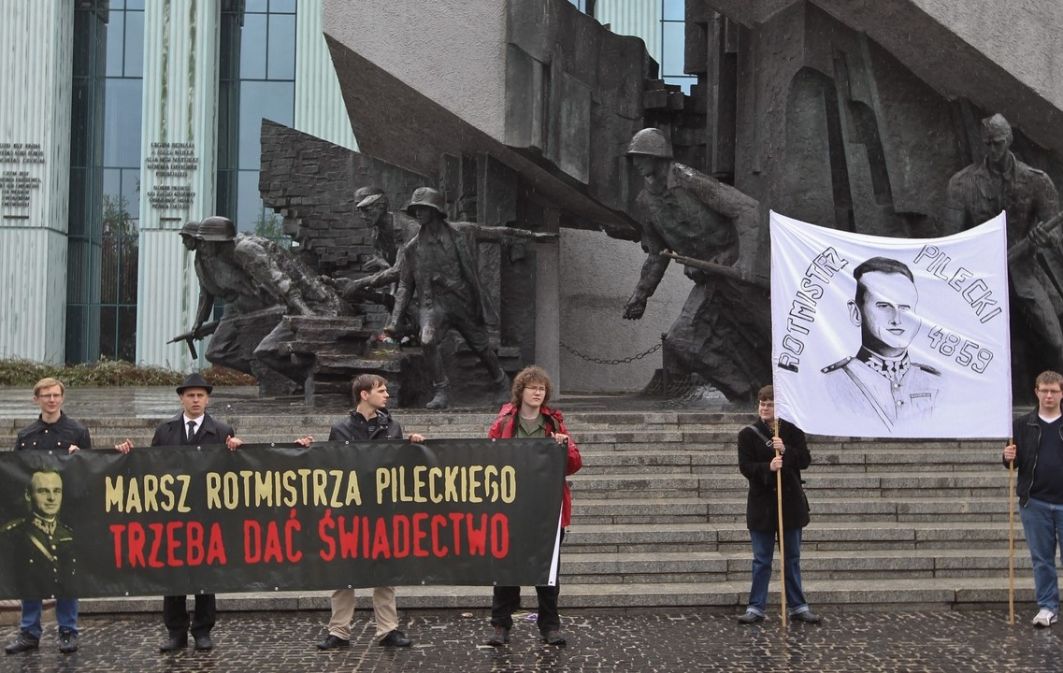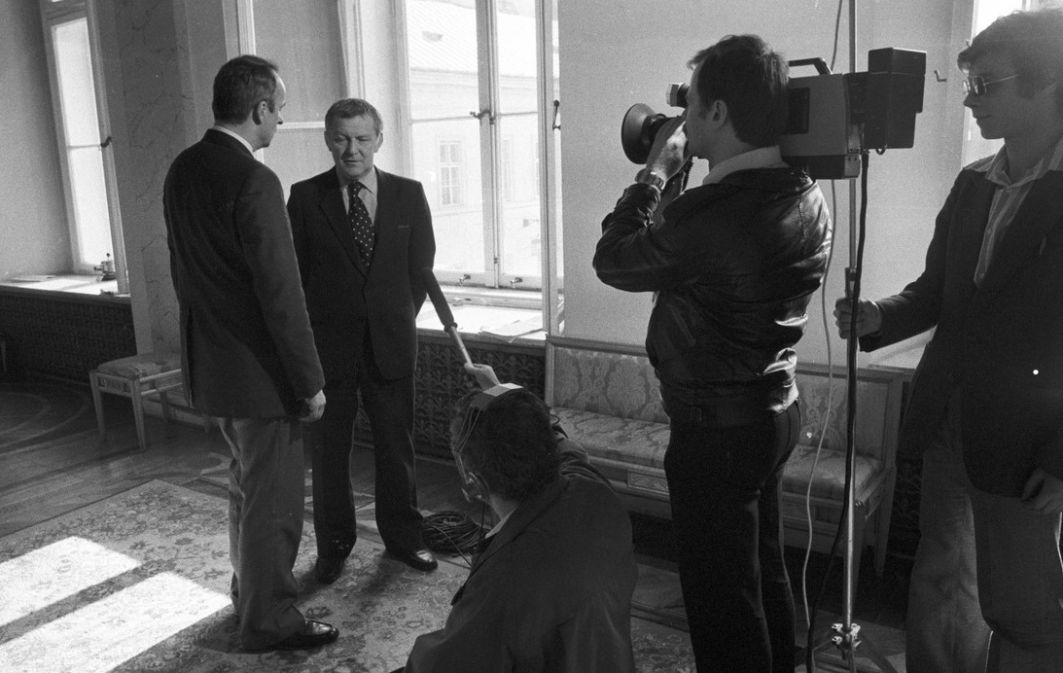Christopher Ejike Ago was a teenager when the war in Biafra began. Like many other he passed a two-day training and was sent to the front. He knew he wasn’t well prepared, but he had the feeling that he was participating in something big. The inhabitants of Biafra wanted to fight for independence.
The whole region was engaged in the war effort, so were the whole people irrespective of sex and age. But how does one fight when hunger is looking into their eyes and the army has no weapons. Ago remembers the overpowering felling of hunger that made the Biafran soldiers catch and eat mice. He also recollects the last year of the war when his unit was still running away from the Nigerian army.
“Somewhere in the middle of the war the Biafrans made some dramatic successes that gave us hope that we might hold the Nigerians until at least some help from outside came” – said Ago in an interview for the BBC. – “By late 1969, all hope was lost”.
Felix Nwankwo Oragwu, a physics lecturer at the Biafran University was one of the people who designed weapons for the country… “When the war started, there was not a single weapon... anywhere throughout Biafra. No gun, no bomb, no nothing” – he recalled to the BBC.
 SIGN UP TO OUR PAGE
SIGN UP TO OUR PAGE

Oragwu was head of a team which supported the Biafran army in terms of technology. Their greatest achievement was to devise a rocket launcher “Ogbunigwe”. It is thanks to this weapon that the Biafrans prevailed so many times. “Without us, the war would have lasted only about 30 hours”, Oragwu added.
For Europeans the war in Biafra is simply yet another ethnic conflict on African soil. Meanwhile for the people in Biafra it was a genocide. The first crime of genocide committed by blacks against blacks. Biafra hasn’t healed its wounds to this day. In Nigeria, one of the most powerful countries in Africa it is better not to mention those events at all.
More than an ethnic conflict
Nigeria was a British colony. It gained independence in 1960 – a year that was hailed the “Year of Africa” for the reason that many countries of the Black Continent became emancipated from colonial rule.
Like other countries Nigeria was facing numerous problems. Next to the economic ones there were ethnic, religious divisions as well as discontent of some ethnic groups with borderlines.
Nigeria is inhabited by about 225 million people. Among there are as many as 250 ethnic groups of which almost each has a unique language and can pride itself on its own tradition.
The four largest groups are Hausa and Fulani to the north, Yoruba to the west and Igbo (Ibo) to the south. The major difference between is religion. Many of the Yoruba profess traditional cults, some converted to Islam, other became Christian. Hausa and Fulani are majoritarily Sunni Muslims though a number of them professes Shiism. Igbo are Christian belonging mainly to protestant churches. About 10% of all Christians are Catholics.

 SIGN UP TO OUR PAGE
SIGN UP TO OUR PAGE


